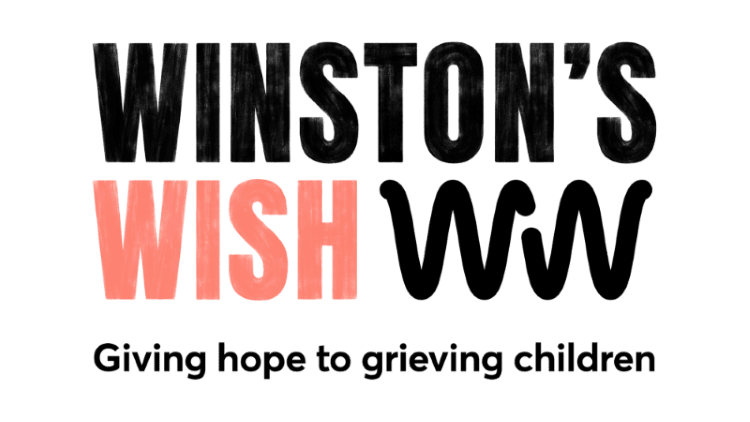Death through homicide – bereavement support
We provide bereavement support for children, young people and families after a death by murder or manslaughter.
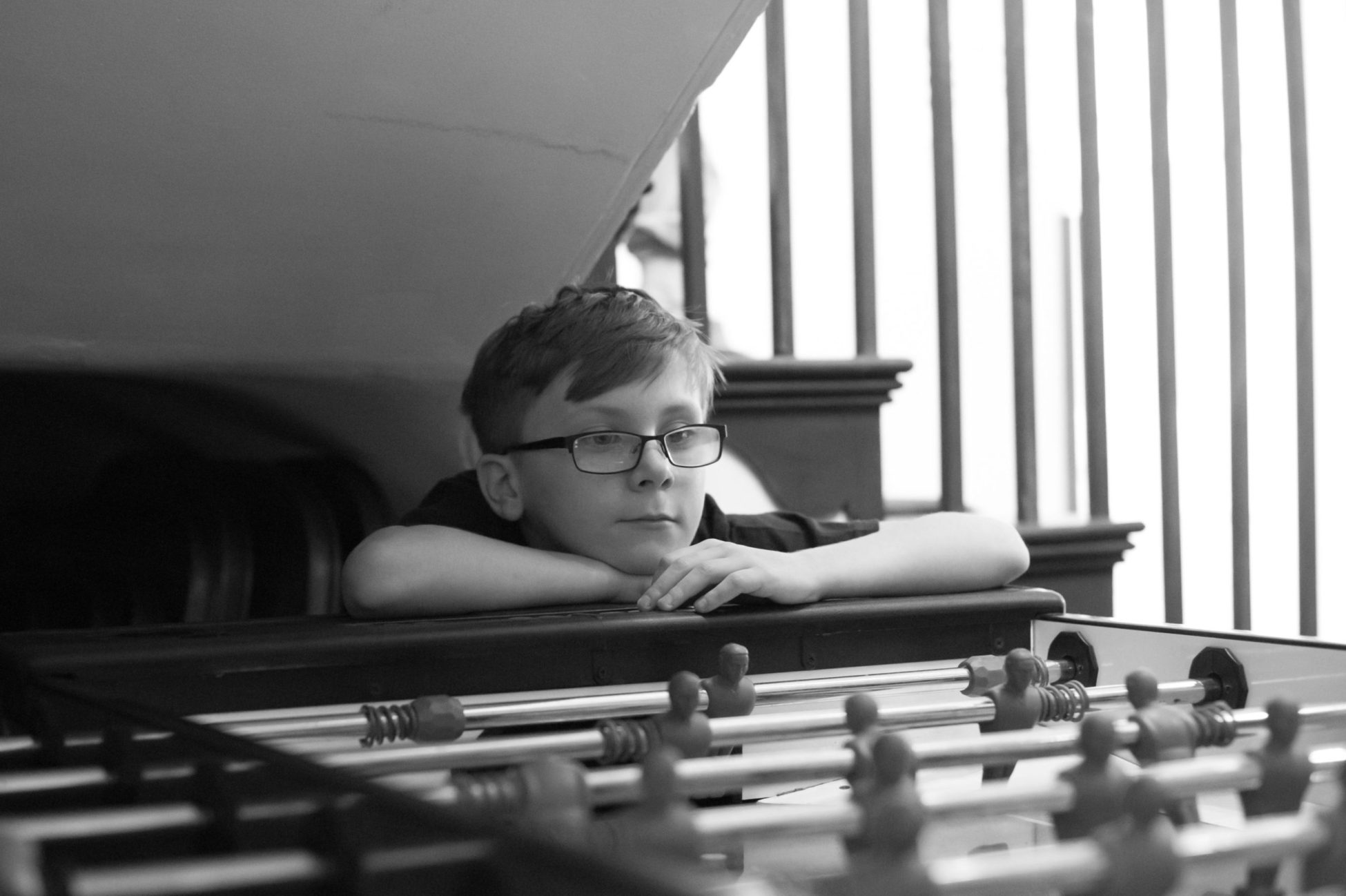
Support for families bereaved by murder or manslaughter
A death through homicide delivers a double blow – not only do you and your family have to cope with a sudden and unexpected death, you have to deal with the way that person has died. It is tempting to shield children and young people from the details of a violent death, however police and media involvement means it is very likely they will find out somehow – it is better if they find out from you. Below is some information and guidance on how to support and talk to children about homicide and coping with grief, and what support Winston’s Wish can offer families that have been bereaved by murder or manslaughter.
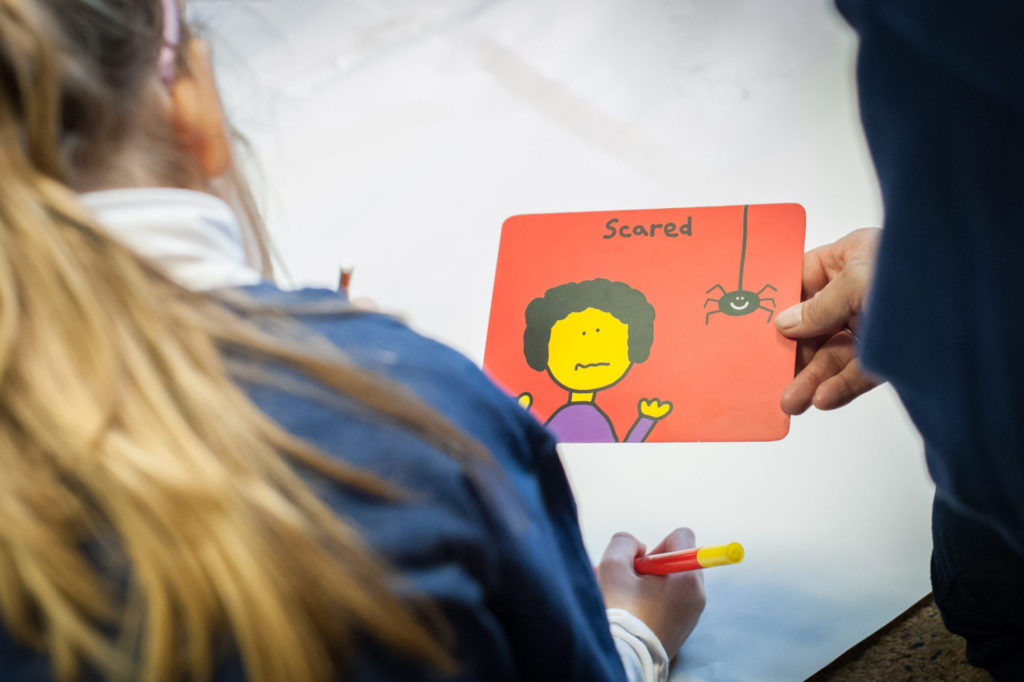
Supporting children after a homicide
When a child or young person has been bereaved by homicide, they may have to cope with extra emotions such as fear, anger, vengeance, blame, guilt and confusion. They may also have to deal with a police investigation, an inquest, a trial, public scrutiny and intense media interest, all at a time when they are feeling confused and vulnerable. The impact of a homicide will be different depending on who the victim is and your relationship with them, but will also be affected by who killed them. It is shattering enough when a stranger kills a child’s parent or sibling, but it is doubly so if they are killed by another family member or close acquaintance.
How to get support
Winston’s Wish has supported many families after a homicide. We speak to parents, carers, family friends, professionals and anyone who is supporting a child or young following a death.
Our bereavement support workers are available to offer information, guidance and support, right away. Reach out on 08088 020 021 or use our live chat (click the blue ‘chat’ button on the bottom right of your screen) between 8am and 8pm, Monday to Friday. You can also email us on ask@winstonswish.org and we’ll get back to you within two working days.
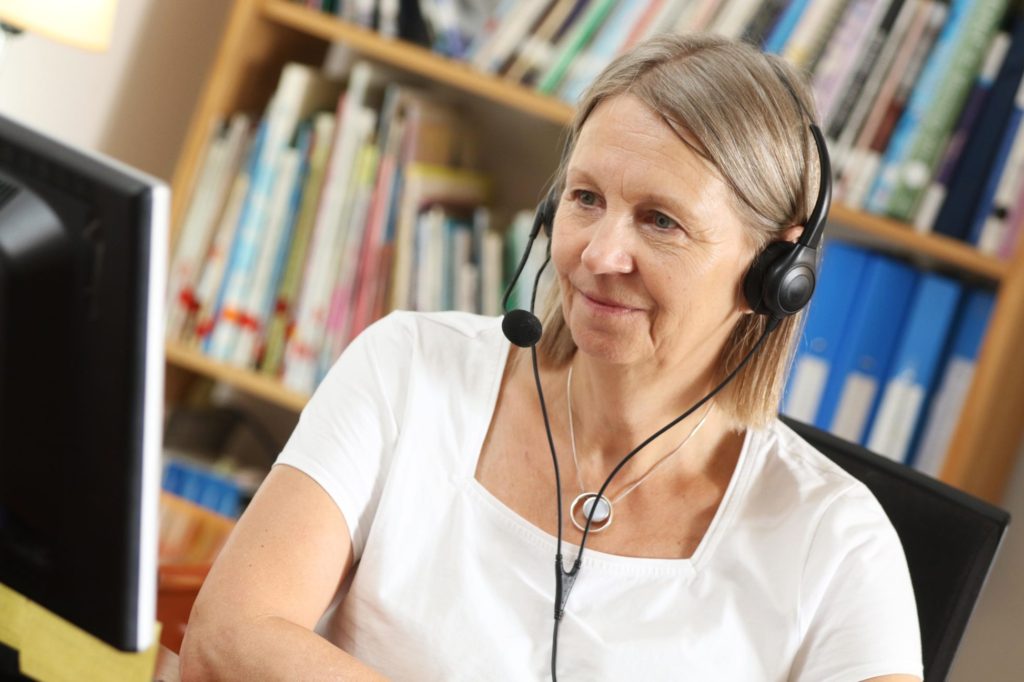
Advice and resources from our team
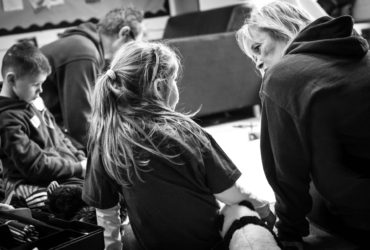
Explaining homicide to children
Being honest, using age-appropriate language and offering explanations in stages can help you explain to a child how their loved one died.
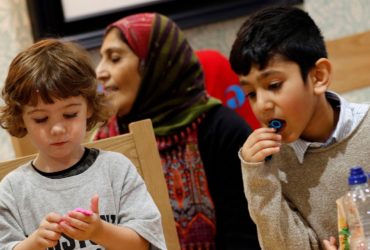
Supporting children after a violent death
Our team explain how children and young people might feel after a violent or traumatic death and how you can support them.
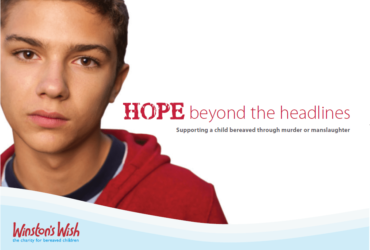
Hope Beyond the Headlines
Our specialist book offers practical advice for families when someone has died by murder or manslaughter. Includes guidance, ideas for activities and helpful resources.
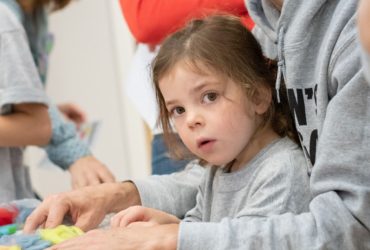
Telling a child someone has died
Our team offer some gentle and caring ways to tell a child their loved one has died and suggest the age-appropriate language you could use.

Talking about sudden death
Advice on talking about a sudden and unexpected death with children and young people and ways you can support them.
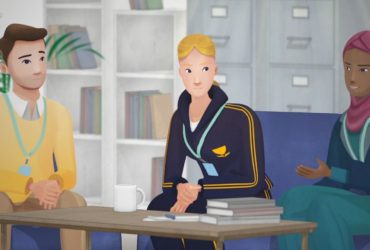
Traumatic bereavement resources for professionals
A comprehensive written guide with supporting tools including videos, plus a four-minute animation developed by the UK Trauma Council.
